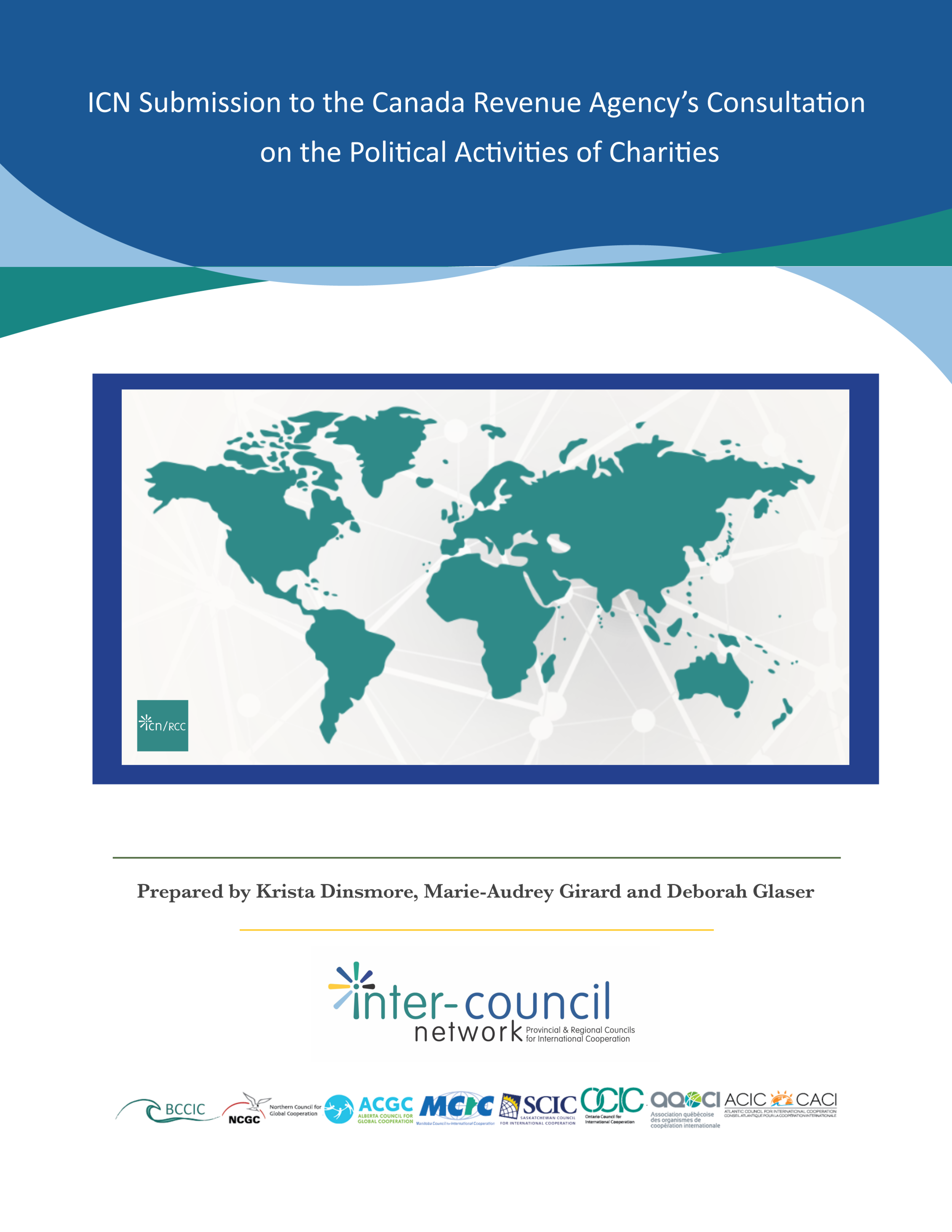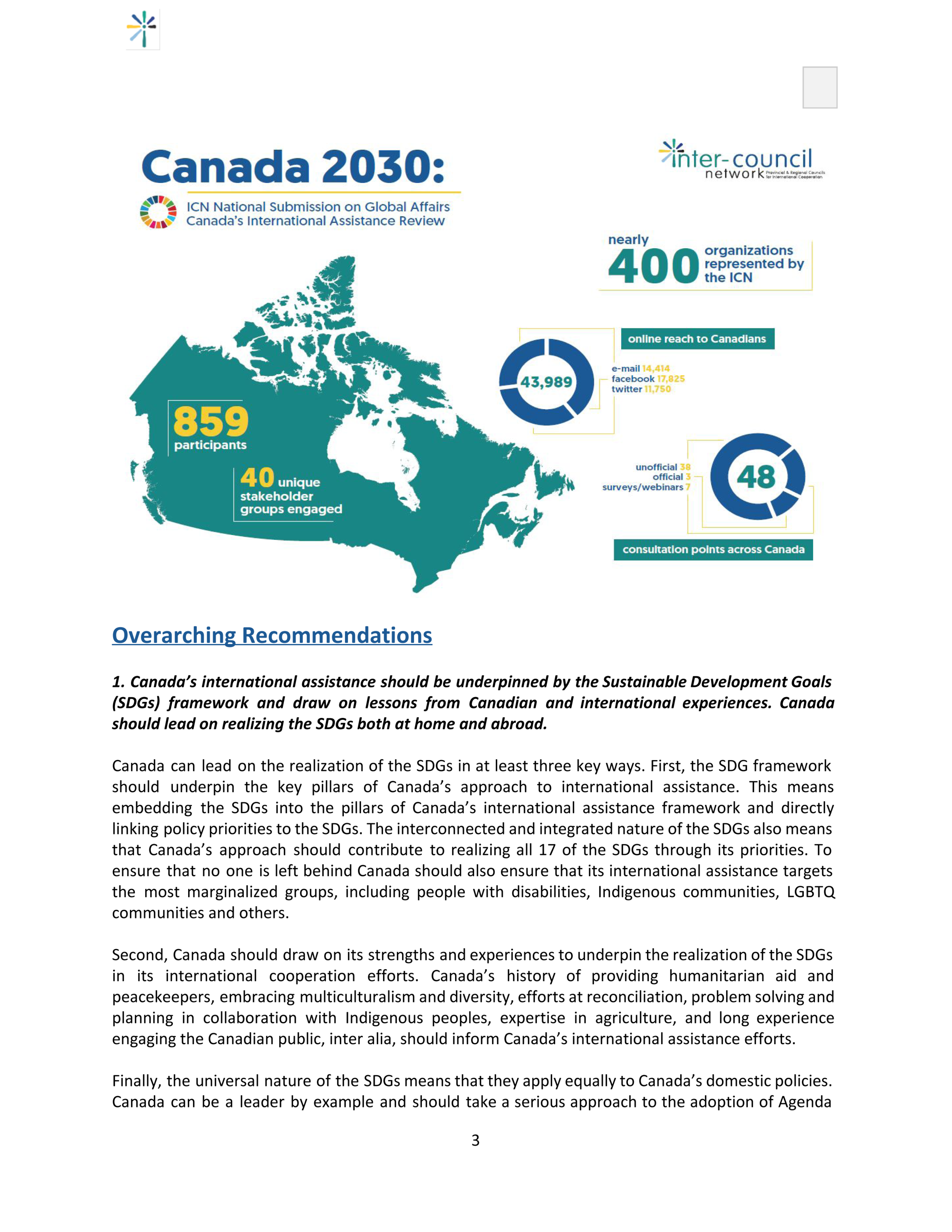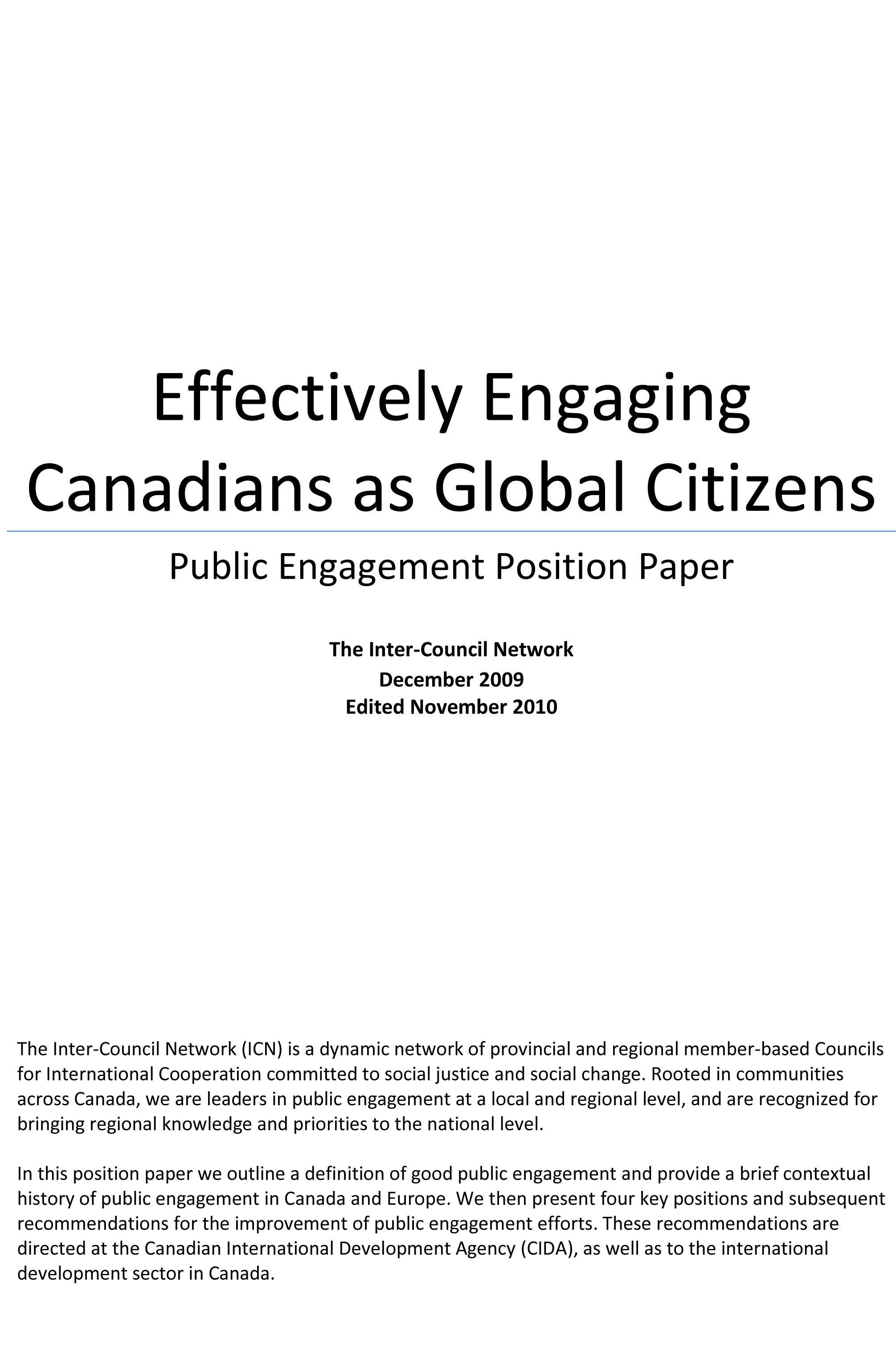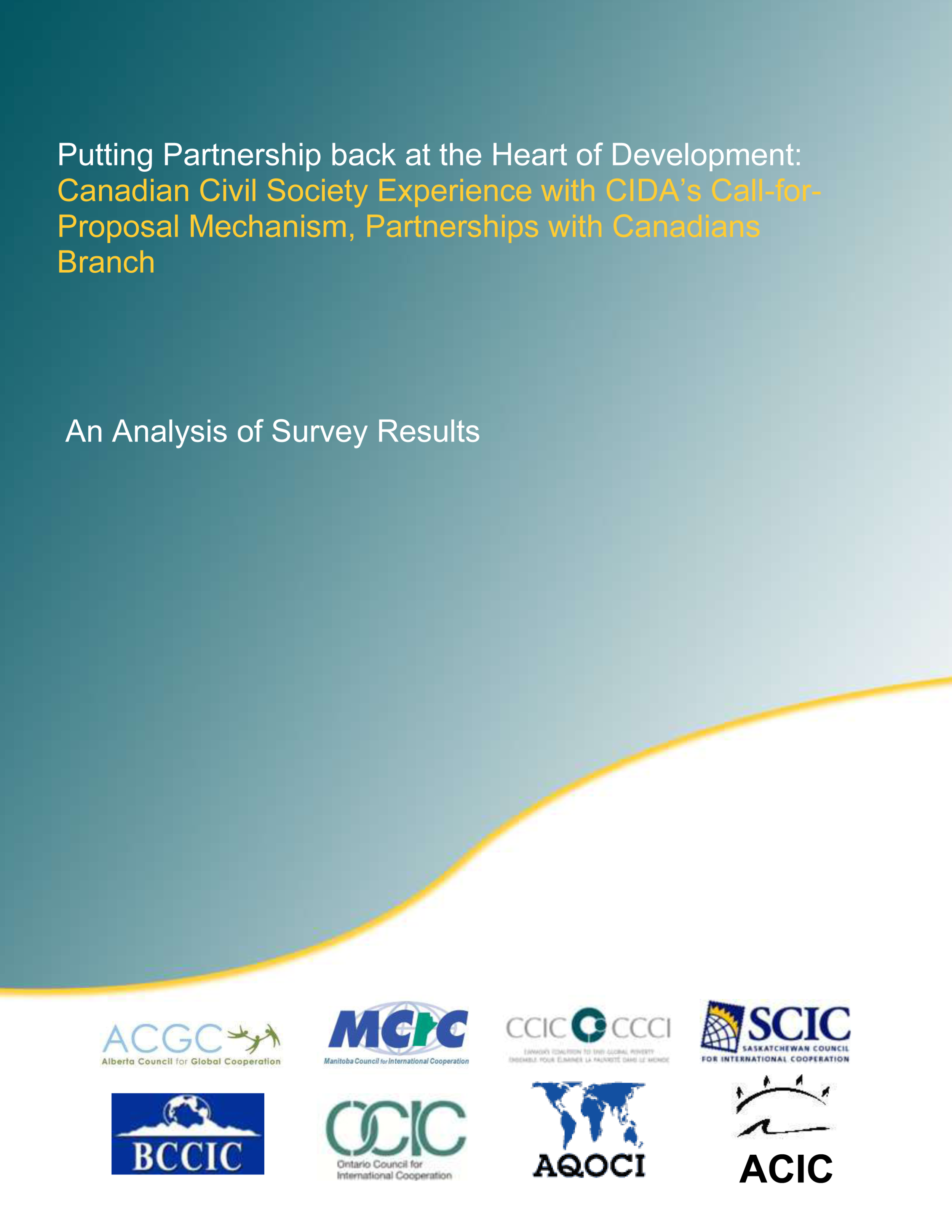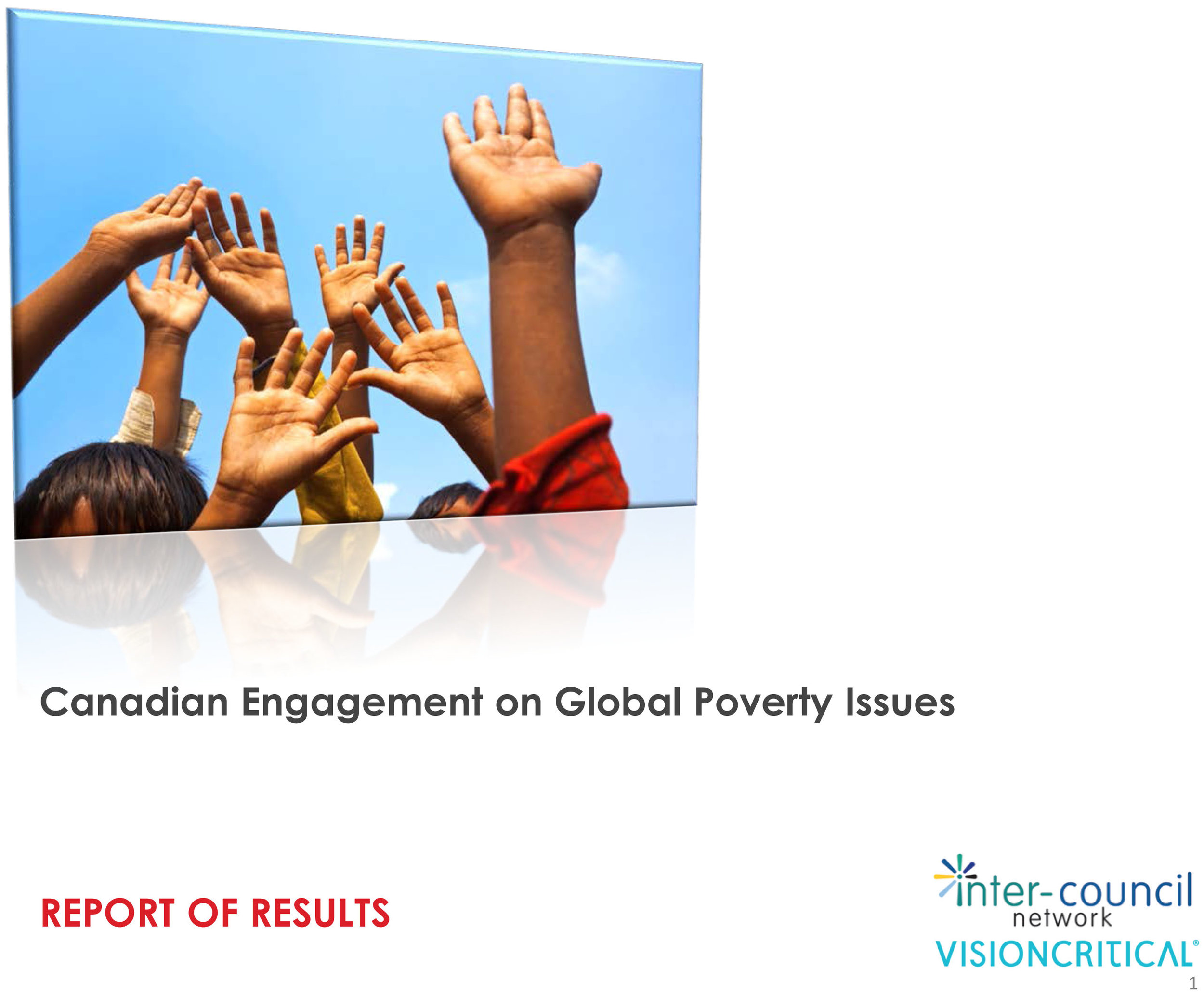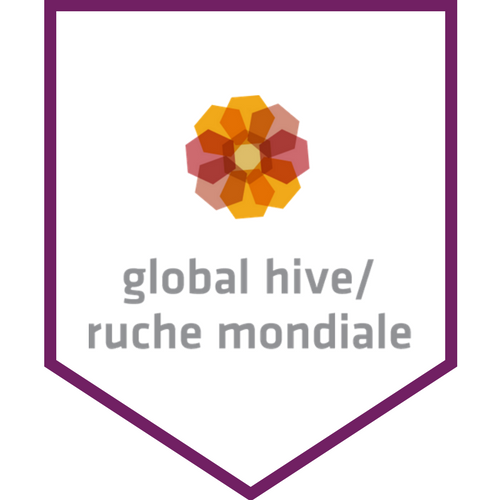About the ICN:
The Inter-Council Network (ICN) is a coalition of the eight Provincial and Regional Councils for International Cooperation, of which ACIC is one. Between the eight Councils, the Inter-Council Network represents over 350 diverse civil society organizations (CSOs) across Canada.
As a network, the ICN provides a national forum in which the Councils’ leadership collaborate for improved effectiveness and identify common priorities for collective action.
Over the last year, the ICN has introduced two new national programs for small-and-medium organizations (SMOs): the SPUR Change program, headquartered at the Alberta Council for Global Cooperation, and the Fund for Innovation and Transformation (FIT), based at the Manitoba Council for International Cooperation.
The ICN is currently hosted by the ACIC: Since May 2020, with the adoption of our new four-year agreement with Global Affairs Canada, ACIC has taken on a leadership role as host council of the Inter-Council Network. We are excited to be hosting this national body and working more closely with the eight provincial and regional councils. Together, we work to strengthen the international cooperation sector through advocacy, capacity-building, youth engagement, and thought leadership.
ICN Publications:
Check out the Global Hive Toolkit!
It's for NGO staff, volunteers, international development workers, teachers, youth, campaigners, activists, policy makers- in short, everyone who works to engage others on global issues. Global Hive looks to the future of public engagement and offer tools to help us move forward together in our shared goal of engaging Canadians as we work toward a more equitable and sustainable world.
Members of the ICN:
Atlantic Council for International Cooperation
ACIC is a coalition of individuals, organizations, and institutions working in the Atlantic region, which are committed to achieving global sustainability in a peaceful and healthy environment, with social justice, human dignity, and participation for all.
Northern Council for Global Cooperation
is a network of individuals, organizations and institutions based in Canada's three Northern Territories: Yukon Territory, Northwest Territories and Nunavut. We are committed to achieving sustainable global development that is democratic, just, inclusive, and respectful of the environment and indigenous cultures.
Association Quebecoise Des Organismes De Cooperation Internationale
créée en 1976, regroupe 67 organismes de 13 régions du Québec qui œuvrent, à l’étranger et localement, pour un développement durable et humain.
Ontario Council for International Cooperation
is an expanding community of Ontario-based international development and global education and individual associate members working globally for social justice.
Manitoba Council for International Cooperation
The Manitoba Council for International Cooperation (MCIC) is a coalition of organizations involved in international development who are committed to: respect, empowerment and self-determination for all peoples; development that protects the world’s environment; global understanding, cooperation and social justice.
Saskatchewan Council for International Cooperation
helps Saskatchewan people act on their desire to make the world a better place. We do this by educating Saskatchewan people about global issues like poverty, health, and human rights, and encouraging individuals to take meaningful action.
Alberta Council for Global Cooperation
is a coalition of voluntary sector organizations located in Alberta, working locally and globally to achieve sustainable human development. We are committed to international cooperation that is people-centred, democratic, just, inclusive, and respectful of the environment and indigenous cultures. We work towards ending poverty and achieving a peaceful and healthy world, with dignity and full participation for all.
British Columbia Council for International Cooperation
engages its members and others to share knowledge, build relationships, and develop their capacity towards achieving sustainable global development.



